This book examines the relevance of Ambedkar strategy which emphasis on industrialization, collective farming system, imposition of tax on land and agricultural Income agricultural development particularly, and economic development justice in general through analyzing the present agrarian structure and agrarian relations and its impact on productivity, employment and poverty. Ambedkar was the first Indian Economist to examine the problems of sub-division and fragmentation of agricultural land holdings and formulated a very scientific definition of n economic holding would have been mitigated to some extent, if the small holdings were compact holdings. According to Ambedkar, the law of property inheritance and the population pressure on land are the main factors responsible for the sub-division and fragmentation of land holdings. He had critically examined the feasibility and desirability of various methods of enlargement and consolidation as remedies for the problems of Indian agriculture. Hence this book examines the relevance of Ambedkar by studying the Indian agricultural structure and agrarian relations and effect on production, productivity, poverty and employment and integrates the views of Ambedkar on Indian organization and development. This book focuses mainly on the issues of consolidation, enlargement, and agricultural labor, farming system, employment and unemployment, poverty and land tax system in India. It analyses the pattern of land distribution and impact on production, growth and poverty. It evaluates the present agricultural income tax and land tax system in India and recommends new tax system. Indian agricultural farming system is compared with the farming system of China. It also examines the problems of agricultural labor, wages and poverty in India. This book concludes that the peasant farming adopted by India could not bring out required changes in agrarian structure which is essential for agricultural development as land concentration continues. Land reforms have also failed in solving the basic problem of inequalities in the land distribution. At the same time demographic pressure on land has been increasing due to non-availability of alternative opportunities for their livelihood. It finds the need of shifting surplus lobour from agriculture to industrial sector. Agricultural and non-agricultural income should be taken into consideration to determine the tax ability. The farming system might have solved the basic problem of inequalities in land distribution and poverty in India, had we also opted for the collective farming system as suggested by Ambedkar.
The Relevance of Dr B.R. Ambedkar’s Views on Indian Agricultural Development
In stock
Free & Quick Delivery Worldwide
reviews
Bibliographic information
Title
The Relevance of Dr B.R. Ambedkar’s Views on Indian Agricultural Development
Author
Edition
1st ed.
Publisher
ISBN
818868385X
Length
viii+216p., Tables; References; Bibliography; Index; 22cm.
Subjects

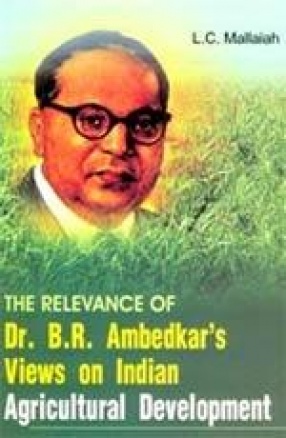
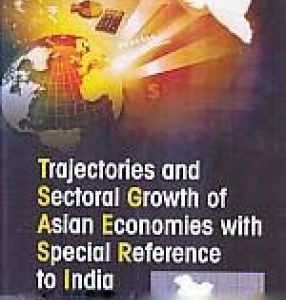
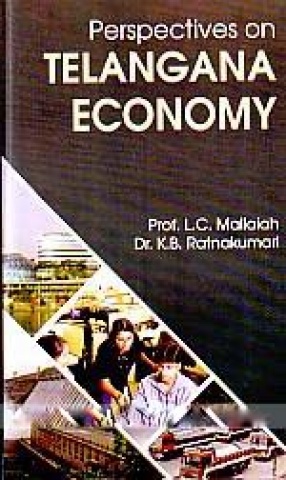
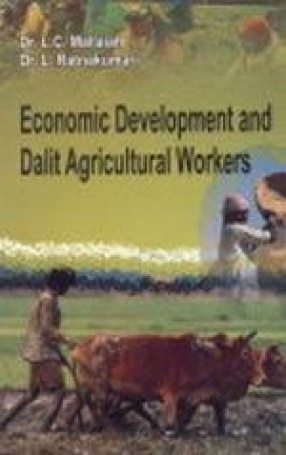
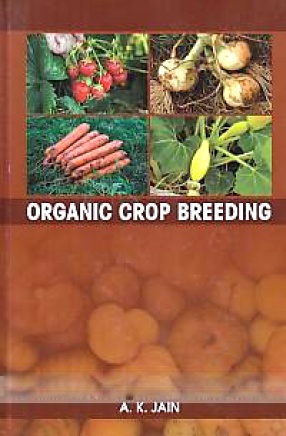
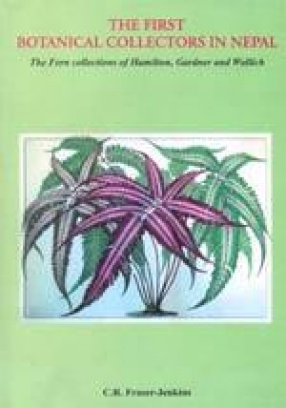

There are no reviews yet.